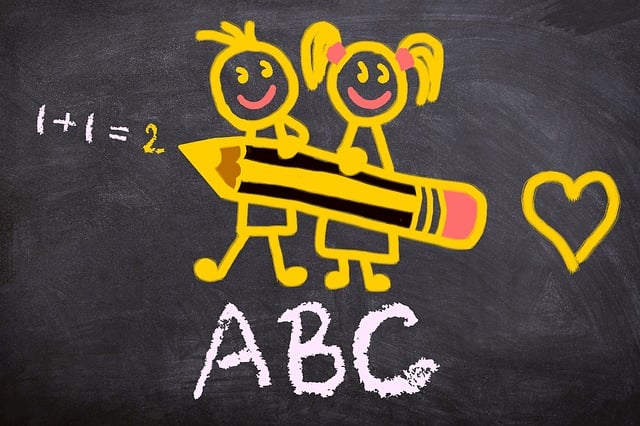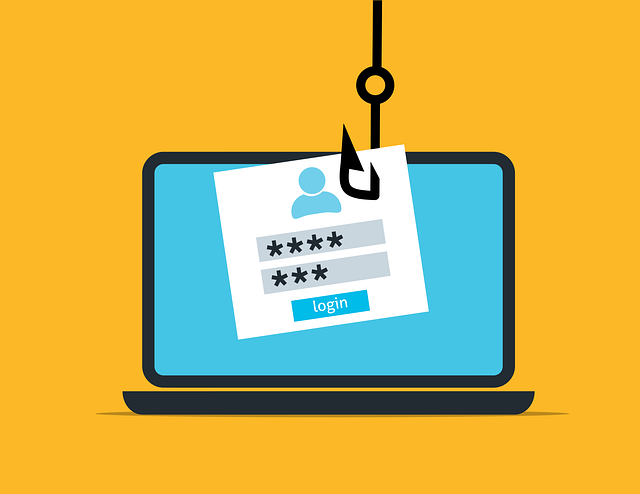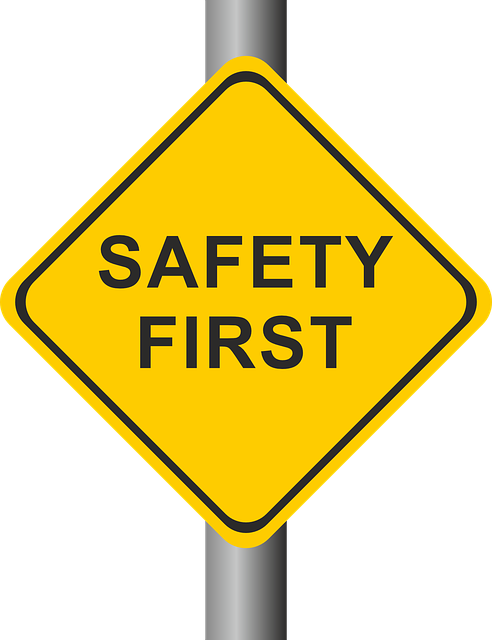Educational institutions prioritize educational staff verification to maintain a safe, high-quality academic environment. This process verifies educators' qualifications, certifications, and disciplinary records, including past actions ranging from warnings to termination. By cross-verifying academic, work, and background data with multiple sources, employers ensure the selection of ethical educators who uphold stringent conduct standards in the classroom. Striking a balance between accountability and privacy is crucial during this process, with regular policy reviews ensuring alignment with ethical standards and legal frameworks.
In today’s digital era, ensuring a safe and supportive learning environment is paramount. This necessitates a thorough understanding and implementation of educational staff verification, specifically screening educators for past disciplinary actions. This article delves into the significance of this process, exploring its impact on student well-being and institutional integrity. We define disciplinary actions, outline the screening process, discuss ethical considerations, and provide best practices for effective educational staff verification.
- Understanding the Importance of Educational Staff Verification
- Defining Disciplinary Actions and Their Impact
- The Process of Screening Educators
- Ethical Considerations and Best Practices
Understanding the Importance of Educational Staff Verification

Educational institutions play a vital role in shaping the future of our society, and ensuring the well-being and safety of students is paramount. This is where educational staff verification comes into play as a crucial process. By thoroughly screening educators, schools can identify potential risks and ensure that only qualified and trustworthy individuals are entrusted with mentoring young minds.
This verification process involves a comprehensive review of an educator’s background, including their academic credentials, certifications, and past employment history. Moreover, it delves into any disciplinary actions or legal issues associated with the individual. Such measures are essential to fostering a positive learning environment, protecting students, and maintaining the integrity of the educational system.
Defining Disciplinary Actions and Their Impact

Disciplinary actions refer to formal measures taken against educators for misconduct or performance issues, ensuring accountability and maintaining professional standards in education. These actions can range from written warnings to termination, depending on the severity and frequency of the infractions. The impact of such disciplinary measures is significant, as they not only affect the career trajectory of individual educators but also influence the overall quality and integrity of educational institutions.
In the context of educational staff verification, screening for past disciplinary actions is a critical component. It helps identify patterns of misconduct or performance problems that may indicate underlying issues affecting student learning and institutional reputation. By reviewing these records, employers can make informed decisions during hiring processes, ensuring that qualified and ethical educators are selected while upholding the highest standards of conduct in the classroom.
The Process of Screening Educators

The process of screening educators for past disciplinary actions involves a thorough and meticulous approach to ensure the safety and well-being of students. It begins with obtaining comprehensive consent from individuals seeking employment in educational settings. This consent allows for the verification of their academic credentials, work history, and any relevant background information. Educational staff verification is crucial, encompassing the cross-referencing of data from multiple sources, including official records, former employers, and professional associations.
The next step involves a detailed review of these records to identify any instances of disciplinary action, such as dismissals, suspensions, or formal warnings. This screening process is not merely a formality but a critical tool for gauging an educator’s suitability and integrity. It helps educational institutions make informed decisions, ensuring that only those with unblemished reputations and the highest standards are entrusted with shaping young minds.
Ethical Considerations and Best Practices

When screening educators for past disciplinary actions as part of educational staff verification, it’s crucial to balance accessibility and accountability with privacy and respect. Ethical considerations demand that we approach this process with sensitivity, ensuring the confidentiality of individuals while upholding the public’s right to safe and ethical learning environments. Best practices dictate a multi-faceted approach, including robust data protection measures and transparent communication about the verification process.
To maintain fairness and impartiality, clear guidelines should be established for what constitutes disciplinary action, with a focus on actions that directly impact an educator’s ability to effectively teach and interact with students. This involves defining what types of past misconduct are relevant and how far back in time these records can ethically and legally be reviewed. Regular reviews of policies and procedures are essential to adapt to evolving ethical standards and legal frameworks governing educational staff verification.






